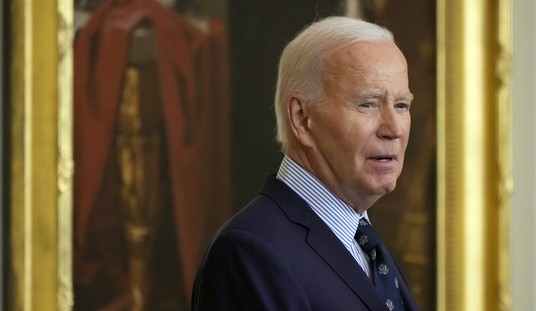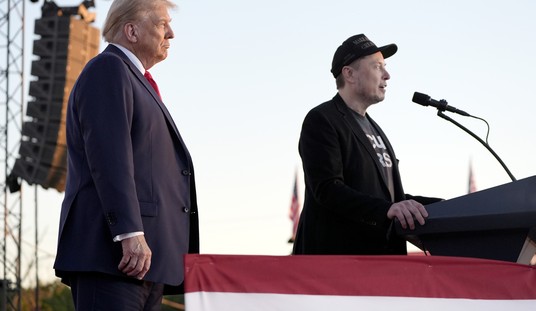Yesterday the revised executive order President Trump issued suffered its first defeat in court.
A federal judge on Friday blocked President Trump ‘s administration from enforcing his new travel ban against a Syrian family looking to escape their war-torn homeland by fleeing to Wisconsin.
…
U.S. District Judge William Conley said there were daily threats to the Syrian man’s wife and child that could cause “irreparable harm.” He issued a temporary restraining order barring enforcement against the family. The order doesn’t block the entire travel ban. It simply prevents Trump’s administration from enforcing it against this family pending a March 21 hearing.
…
“The court appreciates that there may be important differences between the original executive order, and the revised executive order. … As the order applies to the plaintiff here, however, the court finds his claims have at least some chance of prevailing for the reasons articulated by other courts,” Conley wrote.
…
Government attorneys argued during a teleconference with Conley on Friday that the new ban may not apply to this family anyway, although they did not go into details. There are various exemptions and waivers in the new ban including some that give consular officers flexibility to decide cases. Conley acknowledged that the family’s situation is murky but still issued the order, saying the man seems to have a good chance of winning the case.
Even though this ruling applies to only one family it is disturbing for a couple of reasons.
The government’s position of “oh, this guy isn’t covered” and then being unable to show why that is the case is weak. When I was discussing the dismissal of nearly four dozen US Attorneys on Friday afternoon, I have to admit that I was wondering if this lame-ass tactic convinced Sessions that he couldn’t rely upon Obama’s US Attorneys to do anything but sabotage the administration on immigration, voter ID, abortion, and a range of other issues.
Secondly, the president either has the authority to tell consular officials in foreign countries not to process visas or he doesn’t. US law and US jurisprudence say very unambiguously that he has that authority. Two federal judges, one in Wisconsin and one in Washington, and the 9th Circuit disagree. Who is right? As it stands right now our immigration policy is not a matter of law and precedent it is a matter of the whims of random federal judges.
This guy’s case is particularly difficult, if we choose to believe him. He alleges that basically all factions in Syria are out to get him and they threatened his family, but somehow haven’t gotten around to acting on those threats. And, to keep them safe, he’s left them right where the bad guys know where to find them. (If you aren’t at smdh yet, you’re stronger than me.) Be that as it may, judges don’t exist to make decisions based on their desired outcome. They exist to enforce the rule of law under the US Constitution.
At some point someone needs to decide that rendering decisions based on whim and personal preference violates the “good behavior” part of the life time tenure guarantee for the federal judiciary.













Join the conversation as a VIP Member